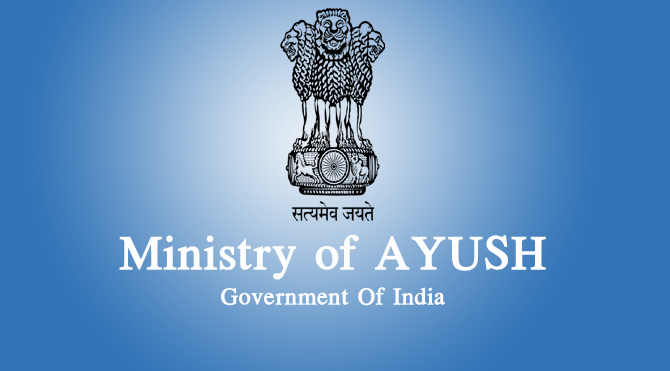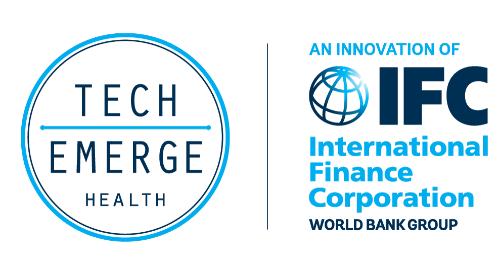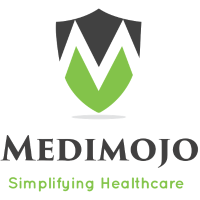
 Its an exciting time to be a healthcare communicator as social and mobile technologies and strategies are making their way into the industry. Patients are more and more in the drivers seat at their doctors appointments, but as physicians have the ability to streamline their practice and diagnostic procedures theyre starting to meet them halfway. In addition, patients now have the power to impact the brand of a hospital or medical practice with the push of a button. While the stakes are high for healthcare communicators, if they embrace social media in a pragmatic way, it can be an incredibly rewarding and worthwhile investment. However, if they choose to stick their head in the sand, the reputation of your hospital and practice are at stake.
Its an exciting time to be a healthcare communicator as social and mobile technologies and strategies are making their way into the industry. Patients are more and more in the drivers seat at their doctors appointments, but as physicians have the ability to streamline their practice and diagnostic procedures theyre starting to meet them halfway. In addition, patients now have the power to impact the brand of a hospital or medical practice with the push of a button. While the stakes are high for healthcare communicators, if they embrace social media in a pragmatic way, it can be an incredibly rewarding and worthwhile investment. However, if they choose to stick their head in the sand, the reputation of your hospital and practice are at stake.
When we start to feel sick, our first reaction isnt necessarily to call the doctors office to make an appointment. More and more, people are turning to social networks and online resources such as WebMD to find an explanation for their symptoms.
When Internet-savvy patients come to a doctors office with specific problems, its likely that theyll already have an idea of what their problem could be. Doctors can assume that many of their patients have already done some preliminary research online through sites such as Wikipedia to educate themselves before visiting the doctor. Armed with these new tools, patients no longer have to simply accept a doctors medical diagnosis; they will ask questions, potentially debate their diagnosis, and crowdsource for the best treatment options.

And with popular resources and sites including PatientsLikeMe, CureTogether and Inspire getting strong traction, patients can only become more empowered. Mobile Health solutions are also giving patients (and physicians) anytime, anywhere access to information and real-time diagnosis. One of the most compelling and promising apps to date is from Boston-based Ubiqi Health, who has developed an app for managing migraines.
So what does this all mean for health care communicators? It means that consumers will be visiting corporate websites, relevant online resources and social media channels to find the health information theyre seeking. Health care communicators must understand that in order to maintain competitive advantage, they must encourage and educate those directly interacting with patients to embrace social media. Health care companies that show their willingness to meet current and potential patients where they are already seeking information “ online and across social networks “ in a helpful and fully transparent way will reap the benefits of higher customer loyalty and satisfaction.

Be a part of Elets Collaborative Initiatives. Join Us for Upcoming Events and explore business opportunities. Like us on Facebook , connect with us on LinkedIn and follow us on Twitter , Instagram.












